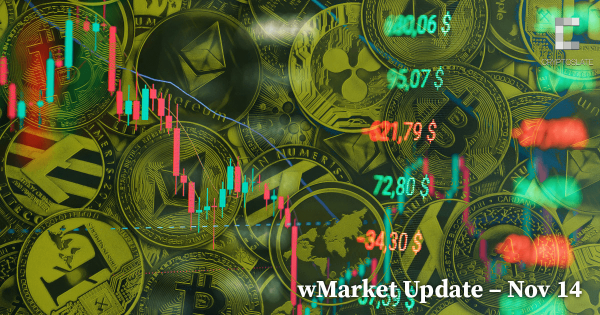
The protocol chose Cosmos as the best fit as it would not only need decentralization but also the ability to handle and scale 1,000 orders per second.
On Thursday, crypto derivatives platform dYdX, which is currently built on Ethereum layer 2, announced that it would be moving to a standalone blockchain based on the Cosmos SDK and Tendermint proof-of-stake consensus for its v4 update. The firm cites the Cosmos blockchain’s decentralization and performance as reasons for being a “best fit” for building dYdX for v4.
We’re excited to announce that dYdX V4 will be developed as a standalone Cosmos-based blockchain! https://t.co/zQzZMIpzWO
— dYdX (@dYdX) June 22, 2022
Currently, the existing dYdX protocol processes about 10 trades per second and 1,000 order placements and cancellations per second, with the goal of scaling to magnitudes higher. However, the firm says that neither Ethereum layer 1 nor layer 2 solutions can meet its requirements for throughput speed while also satisfying its 100% decentralization requirement by the end of the year.
All dYdX code will be open-source, and the protocol itself will run on open permissionless networks with no services being operated by parent entity dYdX Inc. All validators and node operators will run the core node software, which will handle consensus, off-chain orderbook matching, deposits, transfers, withdrawals and price oracles. In addition, traders will not need to pay gas fees to trade, but only fees for executed trades similar to that of dYdX v3 and centralized exchanges. Fees will then be distributed as rewards to validators and stakers.
Furthermore, dYdX seeks to bridge blockchains by leveraging Cosmos’ inter-blockchain communications protocol. This way, dYdX can bridge digital assets, such as stablecoins, directly from other secured chains on Cosmos. Top priorities in development include the transfer of collateral for trading from/to blockchains such as Ethereum as well as centralized exchanges. Since its inception last February, the protocol has processed over $626.6 billion in digital asset derivatives trading volume.





